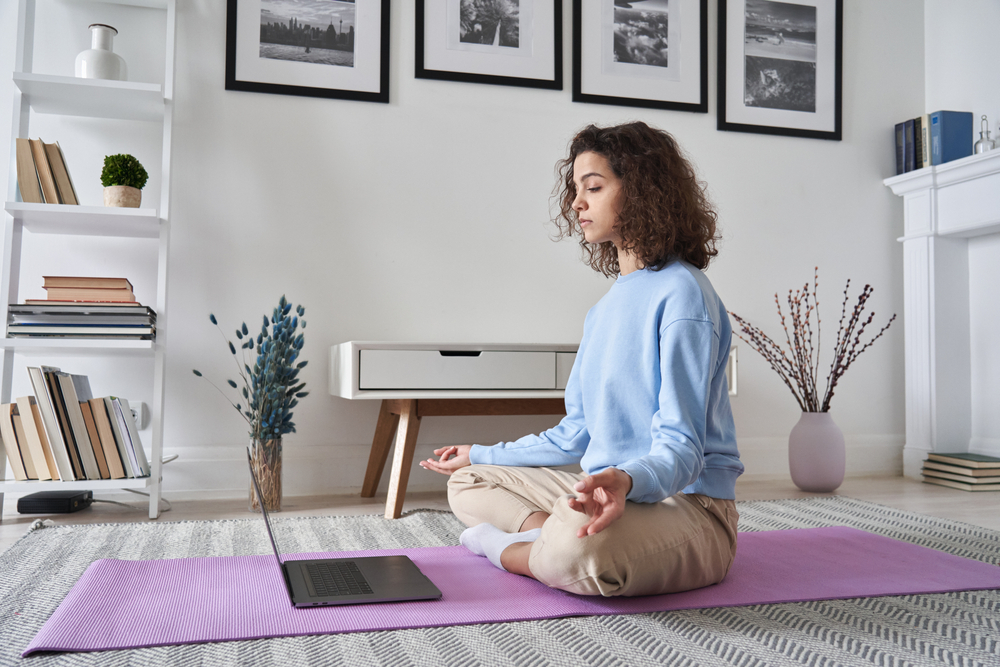How Different is Working From Home to the Office
It is interesting how office jobs no longer have to be done in the office. Working from is increasingly becoming more popular, understandably due to the flexibility and convenience that comes with it.
Whether you work from home or go to the office, significant differences make you choose one instead of the other. They include the following:

The Work Environment
As an employee, you can do little about your office space besides cleaning your desk and arranging your drawers. Typically, the office layout is usually planned prior to ensure every employee has at least a decent workspace. However, companies are learning to appreciate the importance of well-resourced and comfortable workspace. More employers are even incorporating breakout rooms to give their teams safe spaces to decompress.
However, we can agree that nothing beats choosing where you can work best. The primary advantage of working from home is finding a space that maximizes your productivity. That means you can personalize a home office, an area in your room, a garden, a local coffee shop, or wherever you feel most productive.
Many in-office employees admit that the office environment negatively affects their focus; therefore, working from home could be the best alternative as employers figure out ways to improve the work environment.
Working Hours
Working in an office demands the discipline of remaining productive within a specific number of hours in a day. Being in the same space for 8 hours a day may not sound like the ideal arrangement for most, and it is becoming more apparent by the day.
Several studies show that the average in-office worker is only productive for 3 hours a day. That means 5 hours disappear into thin air, and companies end up paying for more than the value they are getting.
Knowing this does not mean all employees are lazy is essential. Most can finish their work within less than the allocated time.
Working from home allows you to manage your time better and schedule your work appropriately. Whether you are a night owl or an early bird, you can fully maximize the hours that you are most productive. Additionally, you can get more things done within the day without neglecting your primary source of income.

Dress Code
Most office spaces have restrictive dress codes regarding comfort and style. A survey conducted by Talent International showed that 61 % of employees are more productive in casual or relaxed outfits. A suit and tie may not consistently deliver; therefore, working from home nails it by allowing people to choose what to wear as they work.
Commute
Commuting to work can be expensive, time-consuming and stressful. It is even worse if you have to walk or cycle to work as you arrive at the office tired and sweaty. Although there are numerous ways to kill time in traffic, like listening to an informative podcast, a lot can happen within the two hours of commute, from journalling, exercising, reading a book, preparing a healthy snack to brainstorming and coming up with actual plans. Office life often means more time wasted in the morning and evening.
On the other hand, working from home gives you the convenience of working from your couch, kitchen, bed etc., as long as you can get things done.
Time and cost-efficiency
Office jobs require about 8 hours of your time in a day. The average office worker will only use a maximum of 6 hours and spend four more hours commuting alone to and from their workplace.Companies lose about $759 billion to mismanagement of time. Therefore, the world is generally losing more resources in the name of going to work.
Working from home helps employers save handsomely on utility bills, employee accommodation, transportation and space. Employees also save on eating out, fuel, and car maintenance expenses.
Social life
The biggest perk of working in an office is the ability to engage with others, share ideas, collaborate on projects and build robust networks towards your career growth. The traditional work style also teaches you how to live with other personalities through teamwork. It also promotes innovation and inclusivity as employees are bound by their jobs.
Working from home promotes a ‘loner culture’ and proves ideal for introverts. It also makes it harder for superiors to monitor work and control security threats. Video conferencing inexhaustible solves most of these issues like communication. There is still room for unscrupulous employees to create excuses for laziness or extend projects due to ‘ unavoidable circumstances’.

Physical and Mental Wellness
Work-related stress significantly contributes to increasing resignations, especially in corporate work. A busy desk or the sound of printers is the last thing you want to consider while planning your day. Working from home takes away the formality of work by allowing you to customize even the smallest detail, including the positioning of your home office trash can.
The freedom to make most of these decisions empowers most employees and gives them the confidence to get through their work without feeling controlled. Remote working allows you to take breaks to reset before getting back to work. It also allows you to create time for healthier habits like eating balanced diets, exercising, and meditating. These activities positively impact your health holistically.
If you feel caged by your office job, consider finding a remote position. Working from home or remotely is the future, thanks to the numerous benefits that come with it. However, the traditional working style has benefits; thus, a hybrid system may be ideal to reap the perks of both environments.

